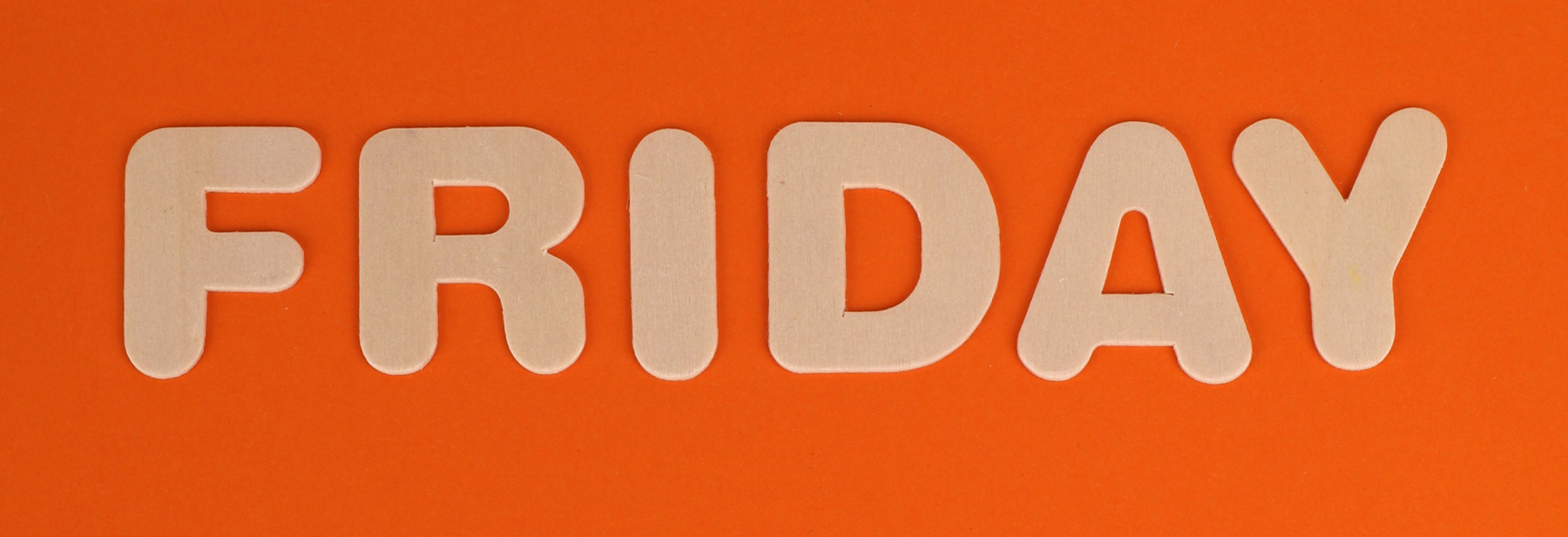
ServiceFriday: Maybe It Was Me – How Word of Mouth Informs Customer Experience
Word of Mouth (WOM) is an important way for people to communicate about service and product experiences to friends, family, and acquaintances. However, it is challenging for companies to track and document the influence of these communications on consumer perceptions of products and services.
Recent research by Daniel C. Brannon and CSL Faculty Network member Adriana Samper in the Journal of Consumer Research reveals interesting findings on the function of post-consumption (after a service or product experience) one-on-one conversations and their impact on customer experience and satisfaction.
One of these findings is related to “positivity and negativity effects” in word of mouth. Here is the scenario: Jane has a negative service experience with her cable provider and then goes on to mention her experience to her friend, Mary. Surprised, Mary expresses to Jane that she is quite happy and satisfied with the same cable provider. Jane then reconsiders her negative experience and even feels better about the cable company. Meanwhile, Mary is unaffected by Jane’s negative comments and still holds a favorable opinion of the cable company. The study notes that, “In contrast to prior work on WOM influence, we discover a ‘positivity effect’ in these conversations, such that consumers who share a negative experience form more favorable overall judgments after speaking with someone who had a positive experience, but consumers who share a positive experience are unaffected by learning about another’s negative experience.”
Why are negative comments less influential than positive ones in one-on-one conversations? During chatting between two friends, consumers assume that both they and their friend are sharing authentic and honest experiences. Therefore, they will attribute both positive and negative comments to the actual product or service mentioned. In this case, the effect of negative word-of-mouth is mitigated. “Leveraging this latter finding, we demonstrate a positivity effect in one-on-one conversations, as consumers who have generally positive expectations dismiss their own negative experience as a one-time event after learning of another’s positive experience, but not vice versa. Thus, to our knowledge, ours is the first WOM research to indicate that positive information regarding a product or service experience can be weighed more heavily than negative information.”
To access the Journal of Consumer Research article, visit this link at Oxford Academic: https://bit.ly/2UUvito (A fee may apply.)